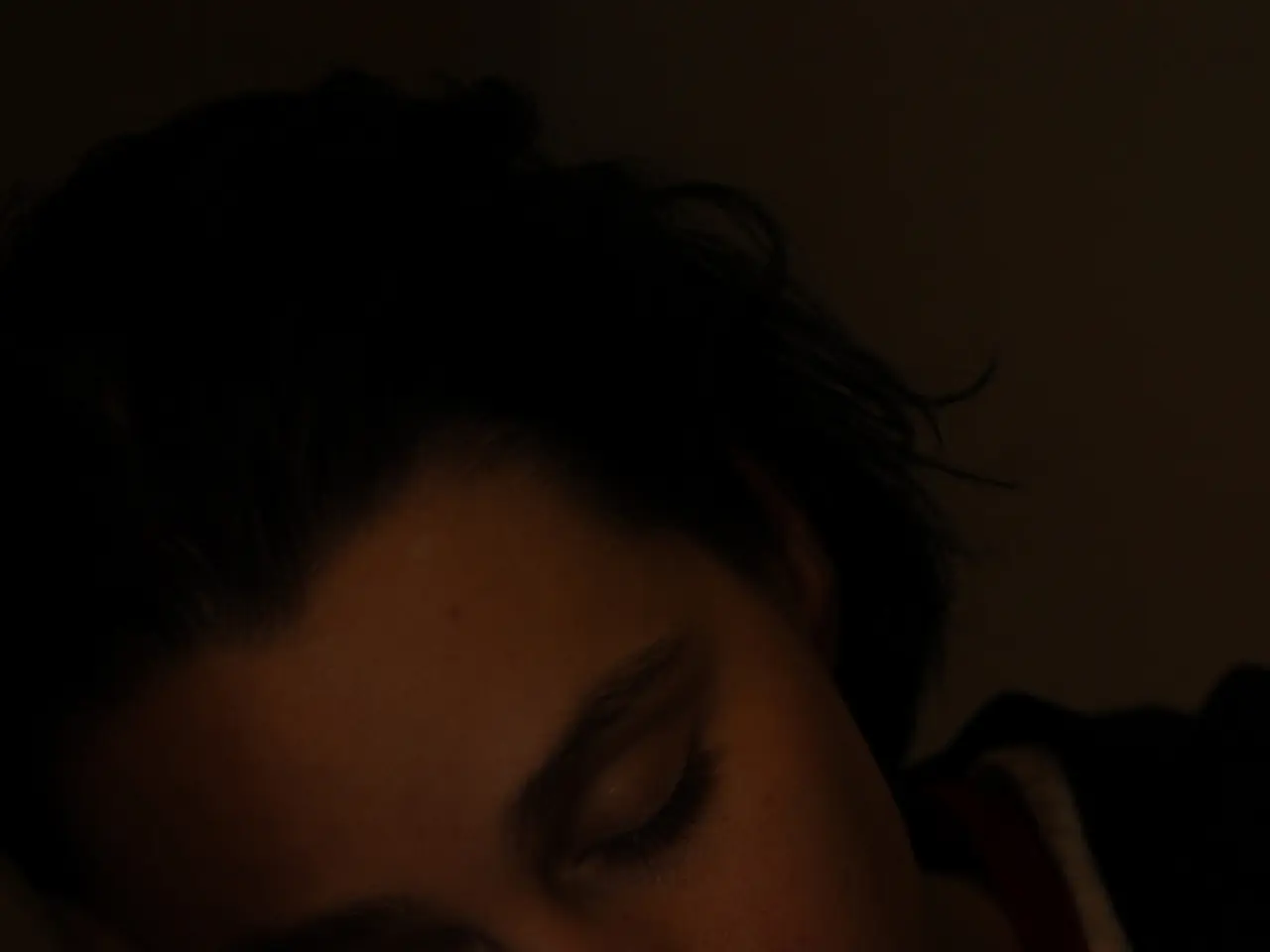Early wake-up routines spark debate as German students return to school
Summer holidays have ended for most schoolchildren in Germany, except those in Bavaria and Baden-Württemberg. With early mornings back on the schedule, debates about the best wake-up times have resurfaced. Experts and influencers remain divided on whether rising before dawn truly boosts productivity or simply leads to exhaustion.
Many managers and self-help gurus swear by waking up as early as 4:30 a.m., calling it the secret to success. The so-called 5 a.m. Club has gained popularity, with influencers praising its benefits for focus and discipline. Yet chronobiologist Till Roenneberg warns that 5 a.m. is not a magical hour—it often results in chronic sleep deprivation if people don’t get the recommended seven to nine hours of rest.
As students return to early starts, the debate over ideal wake-up times continues. While some thrive on dawn routines, others struggle with forced schedules that don’t align with their biology. Roenneberg’s recommendations could reshape how schools and workplaces structure their days—if they choose to listen.







